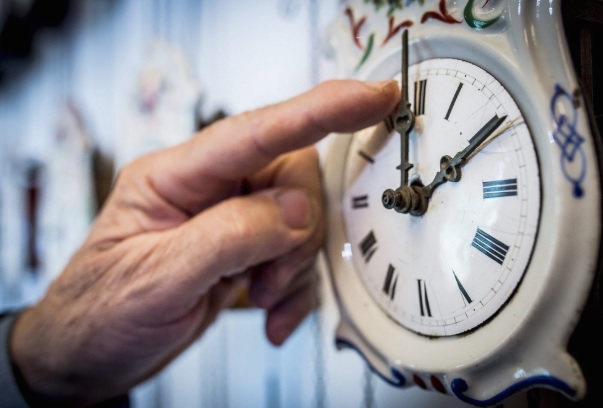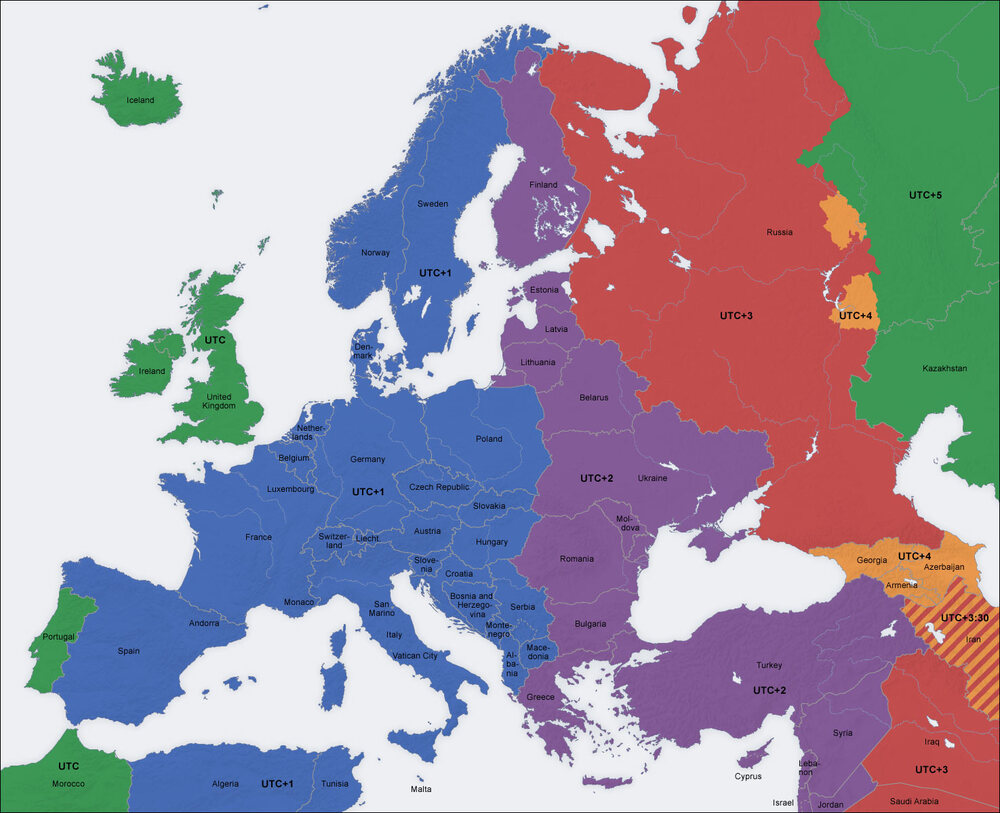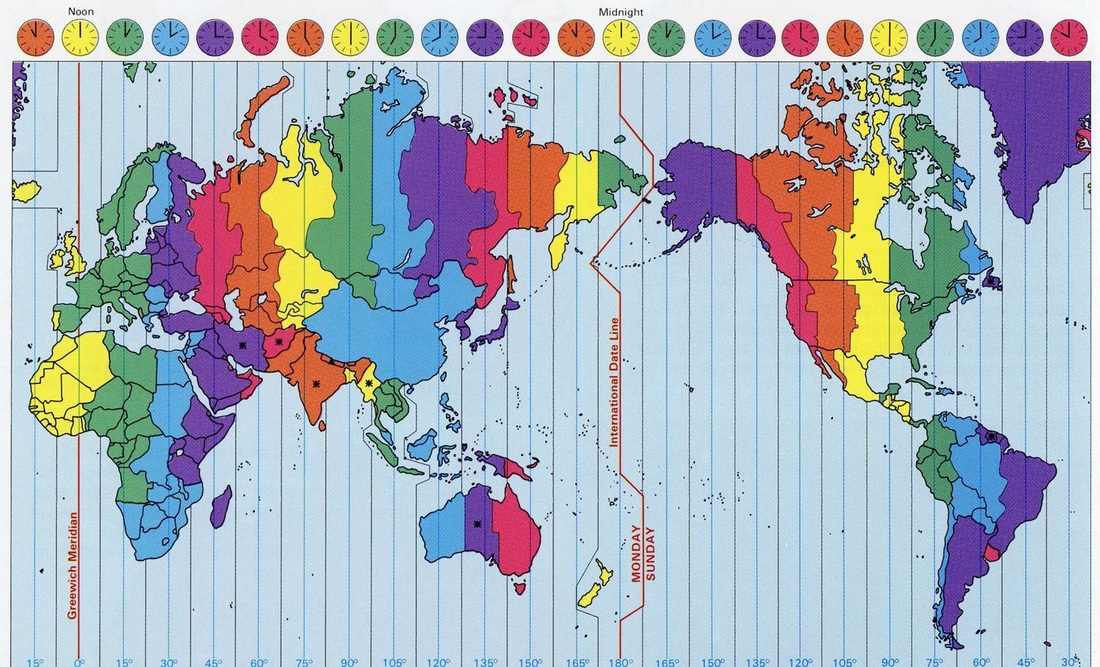It's time to stop using winter and summer time, but Europe is too busy for that

This weekend, on Sunday morning, the hands of the clock will move from 2 o'clock to 3 o'clock, which will start summer time for this year and will last until October 29 when we will return to winter time, and next year 2024 it will again let's repeat the same cycle, because in the world, in Europe, and accordingly in Macedonia, there is still no final decision to stop the seasonal counting of time, despite the fact that people everywhere want it.
The Government does not have a final decision on whether the country would remain in permanent summer or permanent winter time when the moment comes to make the final decision to stop moving the clock. For the time being, the executive authority is acting on this topic with the last position of the Government from last October, when an analysis by the Ministry of Finance determined that keeping summer time in winter will cause increased consumption of thermal energy.
The Government tells "Sloboden Pechat" that for the time being, the solution will remain to move the clock according to the Timekeeping Law, and when a final decision has to be made, it will be analyzed again whether we will be in summer or winter time.
With daylight saving time, more energy will be consumed
Last fall, the Government considered the option of not switching to winter time and even announced that the analyzes were in the direction of staying in summer time, but then decided to have winter time, which ends this weekend.
– From the shown calculation for required heat and the analysis of the changes in external temperatures on an hourly level, it has been observed that keeping summer time will cause an increased consumption of heat energy from 1,5 to 3,5 percent for the heating season. According to the analysis of the movement of the temperatures in the morning hours and the calculations for the required heat for heating, it was concluded that with the winter time, electricity and heat energy is saved in the heating season - says the Government.
The decision at which time or in which time zone Macedonia should be when Europe and America will harmonize so that the seasonal counting finally stops, is not simple. Macedonia is now in the Central European Time Zone, one hour later than Greenwich Mean Time, and if we remain in permanent summer time, that would mean that we would calculate according to the Eastern European Time Zone, in which Bulgaria and Greece are now, two hours after Greenwich Mean Time. In that case, in December and January, the day will last until 17.30:7.30 p.m., which will save energy for lighting in business facilities, but it will dawn later, around XNUMX:XNUMX a.m., which implies increased lighting in households.
There are doubts whether it will be necessary to reorganize the school day, which in winter will have to start at 8 o'clock so that the students do not go to school in the morning in the dark, but the hours will have to be shortened so that those children who study in the second shift can also finish classes in daylight. Firms have a different math for the working day, shipping and export companies a third, etc.

A decade ago, the businessmen demanded that Macedonia move to a time zone with Bulgaria and Greece, but the authorities wanted us to remain in line with the EU countries, most of which are in the Central European zone, as well as with the Western Balkans region, i.e. the neighbors Kosovo and Serbia. But experts in Serbia now say that the country would be better suited to adjust its time according to the Eastern European time zone.
And the citizens want their day to last longer and see no logic in staying permanently in winter time, because in that case in May, June and June instead of 20.30:19.30 p.m. it will get dark at 4:7 p.m., and dawn will come around XNUMX o'clock in the morning and everyone will sleep in after a few hours of daylight in the morning, and the afternoon will be shortened, which is important for the quality of their private life. But the workers who still work in three shifts and their first shift starts at XNUMX in the morning, in such a case they will have to start the shift at night all winter.
In Europe, how many countries, so many doubts
The recommendation to stop seasonal time counting because it causes health consequences and does not contribute to significant savings was adopted by the European Union in 2018 when 4,6 million Europeans, most of whom were Germans, voted for it in a survey, but the final decision which country would remain in which zone was left up to each member state individually.
By now, the whole idea was supposed to be realized and it was announced that the last movement of the arrows would be in 2021 or 2022, but the pandemic, the economic and energy crisis and the war in Ukraine delayed the implementation. Now the estimates are that the final harmonization will not happen before 2025, and the last debate on this topic in the European Commission was in 2019.

And in Europe there are big doubts about how to proceed, whether one large time zone, the Central European, with 16 countries in it, will continue to exist, or cross-border travelers will have to change their clocks twice a day, whether in winter in Spain the day it will last until 22:14.30 and in Poland it will get dark at 18,5:5, what about trains and airports etc. Especially since the conditions are not the same in all states. In Finland in June there are 14,5 hours of daylight, and in December only 9 and a half hours, and in Greece, for example, the day lasts 10 hours in the summer and XNUMX and a half hours in the winter, so the question is how to align, if it is known that the EU stretches in three time zones. If, for example, everyone switches to a summer time in Spain on the Atlantic coast, the sun will not rise until XNUMX in the morning, so it is left to each country to decide for itself, according to its own needs.
There was a proposal to stop changing the time, but to divide Europe permanently into four time zones. In that variant, Portugal, Ireland and Iceland would be in one zone, then in the next Spain, France, Great Britain and the Benelux countries, etc., but for now the EU is not dealing with this topic. The Czech Presidency of the EU last half-year returned the ball to the European Commission, arguing that it had not provided a comprehensive assessment of the consequences of the end of seasonal time.
Let's stay in this time zone, but permanently in summer time
Most of Macedonia is located in the Central European time zone, and 10 percent of the territory, the area of Delčevo and Pehčevo belongs to the Eastern European zone.
The professor explained the most about this topic Ivica Milevski from the Institute of Geography at UKIM, who says that Macedonia should stay in the Central European time zone where it naturally belongs, but keep summer time permanently.
- If we switch permanently to summer time, it will be a much better option than to be in winter time. Thus, in winter, the earliest darkness will be around 17.20:16.20 p.m., in contrast to winter time, when it gets dark around 7.45:XNUMX p.m. at the end of December, and our biorhythm is not used to it being night then. With summer time still in place, on the shortest days in December, dawn will arrive no later than XNUMX:XNUMX a.m. - says Milevski.
Seasonal time in our country was introduced in 1983, with a decision at the level of SFRY. According to Professor Milevski, winter time was more in line with the former system, when people started their working hours at 6 or 7 in the morning and finished by 15 p.m., and in any case, they had a few hours of daylight left. With the current way of life and working hours that end from 16 to 17 p.m., citizens prefer the "summer" time because it means more daylight in the afternoon and the opportunity to complete some tasks and activities that require light, such as family activities, afternoon recreation, etc.



